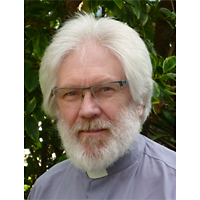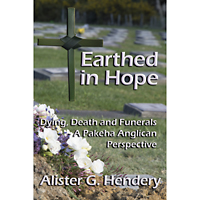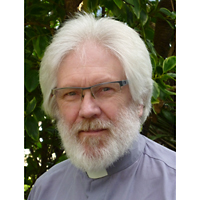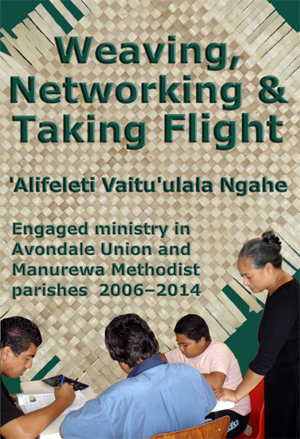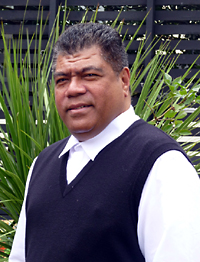“In the presence of the dying the minister is called to give both comfort and honesty, both consolation and challenge. There are times when we must be prepared to speak the truth about death. It may fall to us to be the one who says: ‘It’s now time to die.’ At other times we must confront platitudes or denials, or a spirituality that gives false hope. We share the conviction that life comes out of death, but we must not become, as Richard Giles warns, ‘apostles of false hope, trafficking the empty promise that, “everything’s going to be all right”. Even if we mean it in an ontological sense, it will be understood in a “here-and now” sense. We must be careful always to speak straight, for false assurance is the cruellest of gifts.’ We trust God’s mercy, but we cannot engineer God’s intervention. We affirm that we shall never be lost to God and that God holds us with a love that is stronger than death. In all this we are called ‘to mediate the strong and fearless love of a God who is willing to release us into the world and watch us wobble down the world. A God who, as David Jenkins puts it, “suffers rather than bashes his way through.”
From Chapter 8 — A Time to Die, of Earthed in Hope: Dying, Death and Funerals – A Pakeha Anglican Perspective. By Alister G. Hendery.
Order now eBooks or Print book

